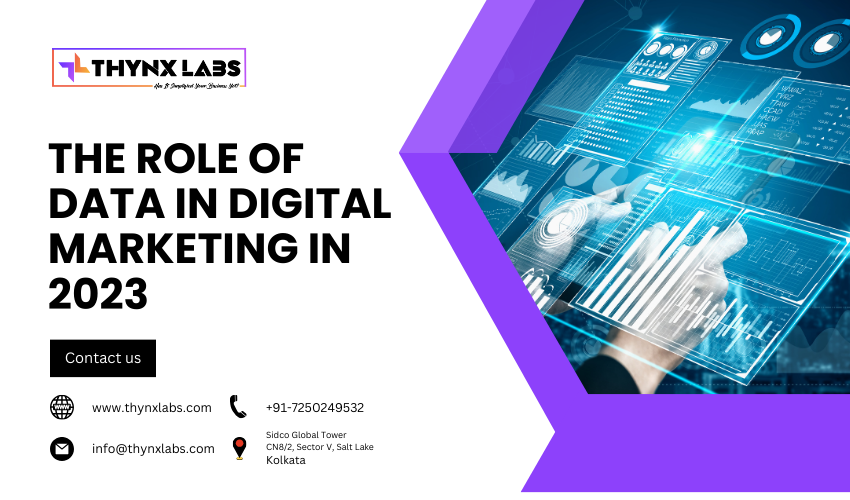CRM in the Age of Artificial Intelligence
CRM in the Age of Artificial Intelligence: Empowering Customer Engagement with AI
Introduction
As businesses strive to create exceptional customer experiences in the digital age, the role of Customer Relationship Management (CRM) systems has become increasingly crucial. CRM has evolved beyond a mere database to a powerful tool that enables businesses to manage customer interactions, track sales, and drive marketing efforts. With the advent of Artificial Intelligence (AI), CRM systems have been further enhanced to empower businesses in understanding and engaging with their customers on a whole new level. This article explores the intersection of CRM and AI, highlighting the transformative potential of AI-powered CRM in enhancing customer engagement. By leveraging AI capabilities, businesses can gain deeper customer insights, automate tasks, and deliver personalized experiences at scale.
I. The Evolution of CRM and the Rise of AI:
- The Role of CRM in Modern Business Operations B. Introduction to Artificial Intelligence and its Impact on CRM C. The Benefits of Integrating AI and CRM Systems
II. AI-Powered Customer Insights and Analytics:
- Leveraging AI for Customer Data Analysis
- Predictive Customer Segmentation
- Behavioral Analysis and Trend Identification B. Sentiment Analysis and Customer Sentiment Scoring
- Understanding Customer Emotions and Sentiments
- Real-time Feedback Analysis and Response Automation C. AI-Driven Customer Lifetime Value Prediction
- Identifying High-Value Customers
- Personalizing Engagement and Retention Strategies
III. Automated Customer Interactions and Support:
- AI-Enhanced Chatbots and Virtual Assistants
- Natural Language Processing for Improved Conversations
- Intelligent Routing and Issue Resolution B. Personalized Recommendations and Product Suggestions
- AI-Powered Product Recommendations 2. Cross-Selling and Upselling Opportunities C. Proactive Customer Service and Predictive Support
- AI-Driven Predictive Maintenance and Issue Detection
- Anticipating Customer Needs and Providing Timely Support
IV. Streamlined Sales and Marketing Processes:
- AI-Enabled Lead Scoring and Qualification
- Identifying and Prioritizing Sales-Ready Leads
- Enhancing Sales and Marketing Alignment B. Intelligent Sales Forecasting and Pipeline Management
- AI-Powered Sales Predictions
- Optimizing Sales Performance and Resource Allocation C. Automated Marketing Campaigns and Personalization
- AI-Driven Content Creation and Optimization
- Dynamic Campaign Orchestration and Targeting
V. Overcoming Challenges and Ensuring Ethical AI Usage:
- Addressing Data Privacy and Security Concerns B. Mitigating Bias and Ensuring Fairness C. Maintaining Human Oversight and Control
Conclusion:
Artificial Intelligence has revolutionized the capabilities of CRM systems, enabling businesses to unlock a new level of customer engagement and personalization. By leveraging AI-powered CRM, businesses can harness the power of customer insights and analytics to better understand their customers, predict their needs, and deliver personalized experiences at scale. Automated customer interactions and support through chatbots and virtual assistants streamline customer service processes, while AI-driven sales and marketing processes optimize lead management, forecasting, and campaign performance. It is crucial for businesses to address the challenges of data privacy, bias, and ethical AI usage to ensure the responsible and effective implementation of AI in CRM systems. As AI continues to advance, integrating AI and CRM will play a pivotal role in enabling businesses to create meaningful and long-lasting customer relationships in the age of digital transformation.


